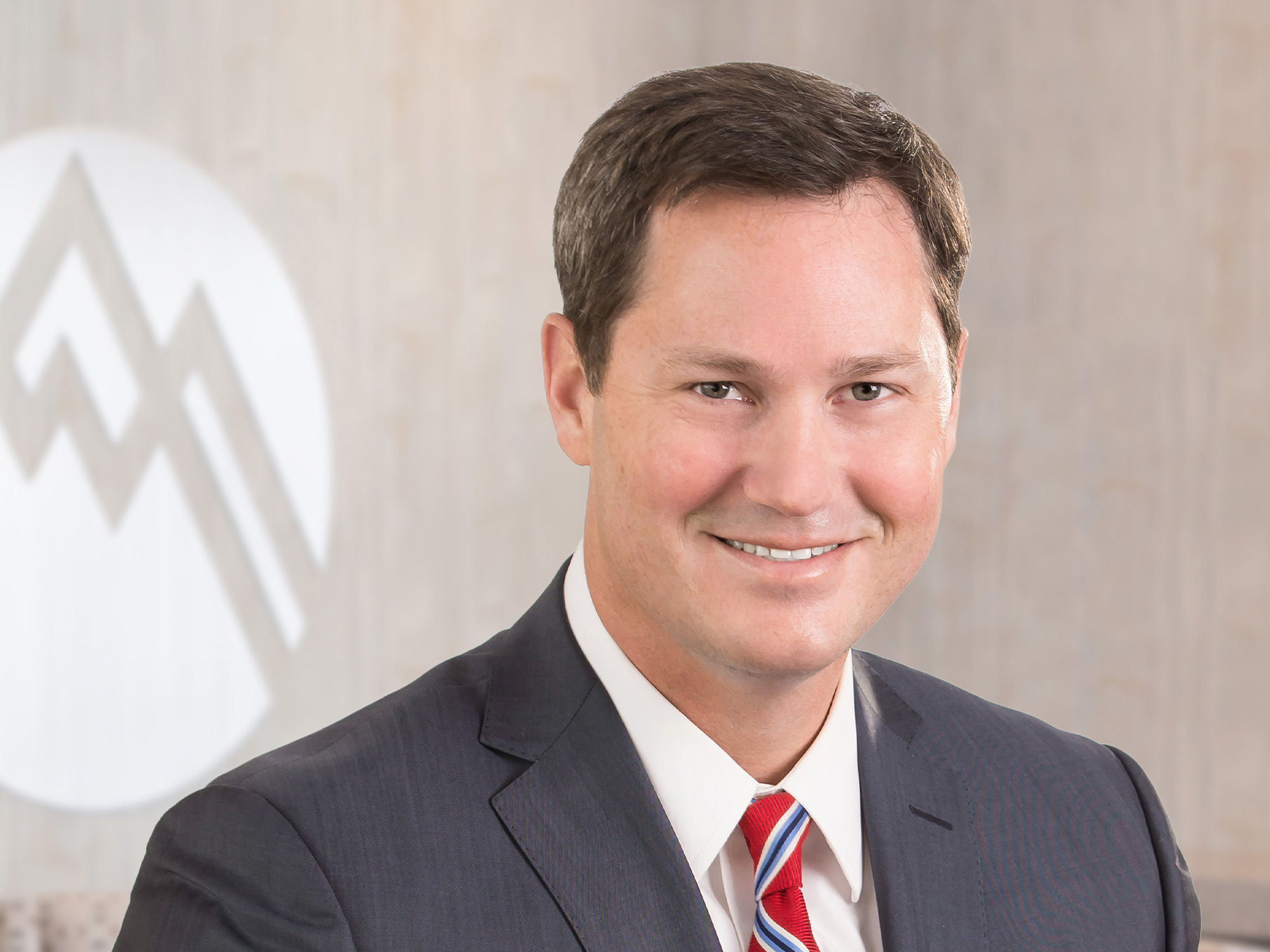Although nonsurgical treatment can resolve 90 percent of spine pain cases, research shows us that surgery provides the best outcome in some specific circumstances. Dr. Strothman explains how to know when herniated disc surgery can provide a better outcome.
“There was a perception 10 years ago that spine surgery was overused and just didn’t work,” says Summit spine surgeon Dr. David Strothman. “However, over the last decade or so, we have obtained comprehensive data comparing spine outcomes based on treatment. We’ve learned that for some specific spine conditions, fears about surgery can be unfounded.” Dr. Strothman explains how to know when herniated disc surgery can provide a better outcome.
Current research
The studies guiding surgical recommendations today are the Spine Patients Outcome Research Trials, commonly referred to as the SPORT studies. Carefully designed and funded by the National Institutes of Health, these trials followed huge patient populations. It collected strictly controlled data for surgical and nonsurgical treatment of spine pain. The studies followed patients and evaluated outcomes for several spine conditions: herniated discs, spinal stenosis, and degenerative spinal arthritis. The results defied widely held perceptions about using spine surgery.
New perspectives on herniated disc surgery
“When I was a resident, our understanding was that if a patient had a herniated disc, surgery would not improve outcomes at the two-year mark,” Dr. Strothman remembers. “We were taught that whether or not you had herniated disc surgery, you’d end up in the same place in two years. The belief was that if you manage the pain with nonsurgical therapies, it was better not to have an operation.”
The SPORT studies demonstrated that this belief was not correct in cases where disc herniation patients met the following criteria:
- The patient had pain symptoms for at least six weeks.
- At the six-week mark, pain had not improved with nonsurgical treatments.
“The studies found that when patients in this category were treated with herniated disc surgery, they had dramatically better outcomes at the two-year mark than the patients who did not have surgery. Also these patients were still doing better eight years later,” Dr. Strothman reports.
Focus on qualifying criteria and timing
“However, I want to emphasize the importance of the qualifying criteria,” he cautions. “If back pain caused by disc herniation improves over that first six weeks, you can probably get better without surgery. In fact, I tell my disc herniation patients with improving pain that there’s an 80 percent chance that their pain will go away after three months.”
The SPORTS studies also indicated that the timing of the herniated disc surgery was critical. “If patients live with their pain for six weeks and choose to push through to the three-month mark without experiencing an improvement in pain, a conversation about surgery is very important,” Dr. Strothman explains. “SPORT outcome data showed us that when patients with pain delay herniated disc surgery for six months or more, the results of surgery aren’t as good.”
Dr. Strothman points out that in some cases, other symptoms like foot drops, severe numbness, and bowel and bladder dysfunction may arise and affect treatment recommendations. “We call these symptoms absolute indications; they signal neurologic deficits and usually require surgery to avoid serious long-term harm.
When to consider surgery
“However, when we are talking about pain generated by a herniated disc, and there is no clinical improvement at the end of six weeks, I feel it’s time to have a conversation about herniated disc surgery,” Dr. Strothman says. “If we wait and the patient hasn’t made significant progress by six months, that’s the line in the sand, in my opinion. After six months, patients still do better with surgery than without surgery—but they don’t do as well as patients who undergo surgery before the six-month point. For an optimal outcome, herniated disc surgery must be done within that six-week to six-month window.”
Summit Orthopedics offers comprehensive spine expertise
Our back specialists diagnose spine problems and design custom treatment plans built on a conservative, nonsurgical approach. Most patients find relief through treatments including guided injections, specialized physical therapy, biofeedback, exercise, activity modification, and medication. When conservative care does not relieve symptoms, our highly skilled surgeons offer proven, evidence-based surgical options. Together with you, we will determine the right course of action.
Start your journey to a healthy spine. Find your spine expert, request an appointment online, or call us at (651) 968–5201 to schedule a spine consultation.
Summit has convenient locations across the Minneapolis-St. Paul metro area, serving Minnesota and western Wisconsin. We have state-of-the-art centers for comprehensive orthopedic care in Eagan, MN, Plymouth, MN, Vadnais Heights, MN, and Woodbury, MN, as well as additional community clinics throughout the metro and southern Minnesota.
More resources for you
- Article: What Is A Bulging Disc?
- Understanding Degenerative Disc Disease
- Ask Dr. Wahlquist: What Are My Treatment Options For A Herniated Disc?
Additional resources
- Ask Dr. Strothman: When Is Surgery Effective For Pinched Nerves?
- Meet Summit Orthopedics Surgeon Dr. David Strothman

